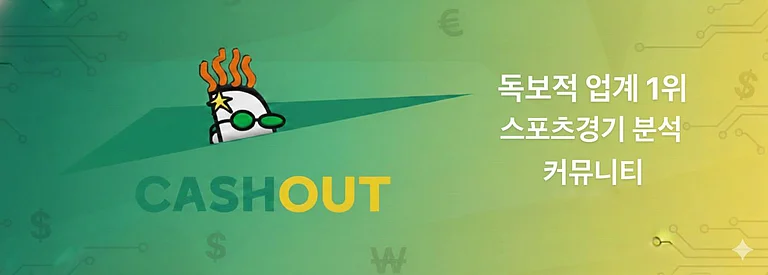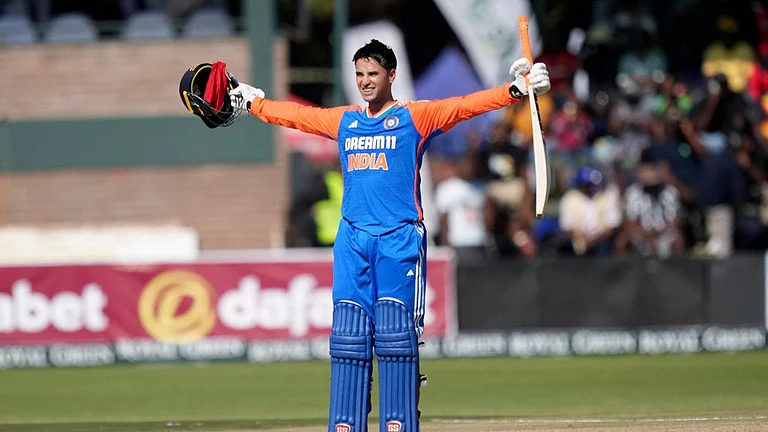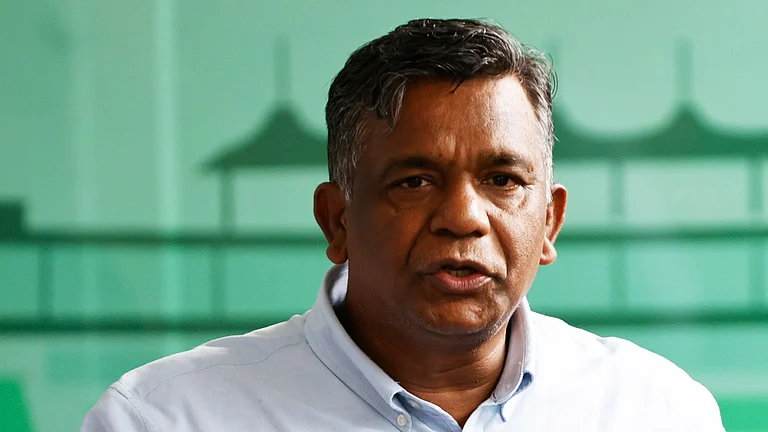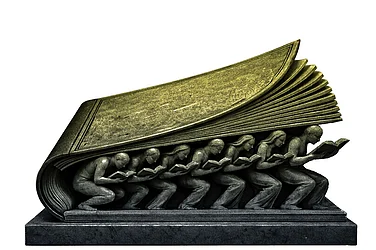In a significant development, the Supreme Court has decided to review a petition submitted by the NGO 'Bachpan Bachao Andolan,' which raises concerns about the potential reduction in the age of consent. The NGO contends that such a move could put at risk the welfare of numerous child victims of sexual abuse, particularly young girls.
A distinguished bench comprising Chief Justice DY Chandrachud and justices JB Pardiwala and Manoj Mishra has formally issued notices to the Central Government. Notably, the court has merged this petition with an ongoing case presented by the National Commission for Protection of Child Rights (NCPCR), PTI reported.
At the heart of this legal discourse lies the NCPCR's challenge to a previous ruling by the Punjab and Haryana High Court. The contentious ruling, handed down last year, asserted the right of a minor Muslim girl to marry a person of her choosing.
Seeking clarity on this complex matter, the apex court has summoned a response from the Central Government. The 'Bachpan Bachao Andolan' petition not only seeks specific directions and guidelines but also urges courts to abstain from making observations regarding a minor victim's casual relationships and purportedly promiscuous behavior during proceedings under the Protection of Children from Sexual Offences (POCSO) Act.
The NGO argues that misinterpretations surrounding POCSO cases, wrongly portraying them as "elopements and romantic relationships," have significantly eroded the legislative intent of the Act. Additionally, the NGO takes issue with a circular circulated on December 3, 2022, by the office of the Director General of Police in Tamil Nadu. This directive purportedly discourages hasty arrests in cases categorized as "mutual romantic relationships."
Casting further doubt on prevailing perceptions, the NGO contends that various NGOs, governments, and law enforcement bodies have relied upon flawed methodologies, resulting in a skewed understanding. While official data contradicts claims that 60 to 70 percent of POCSO cases involve consenting minors in "consensual romantic relationships," the NGO's analysis asserts that cases concerning individuals aged 16 to 18 account for only around 30 percent of the total.
Strengthening their argument, the organization cites a survey conducted by support personnel, indicating that a mere 13 percent of POCSO cases could be construed as consensual.
This legal matter was first brought to the Supreme Court's attention when the NCPCR contested a June 13, 2022 decision by the Punjab and Haryana High Court. The apex court, while refraining from overturning the high court's verdict, appointed advocate Rajshekhar Rao as amicus curiae to scrutinize the legal intricacies.
While the apex court's approach has been cautious not to disrupt the order of the high court, it did clarify that the high court's final judgment on September 30, 2022, should not be treated as a precedent for future cases.


























